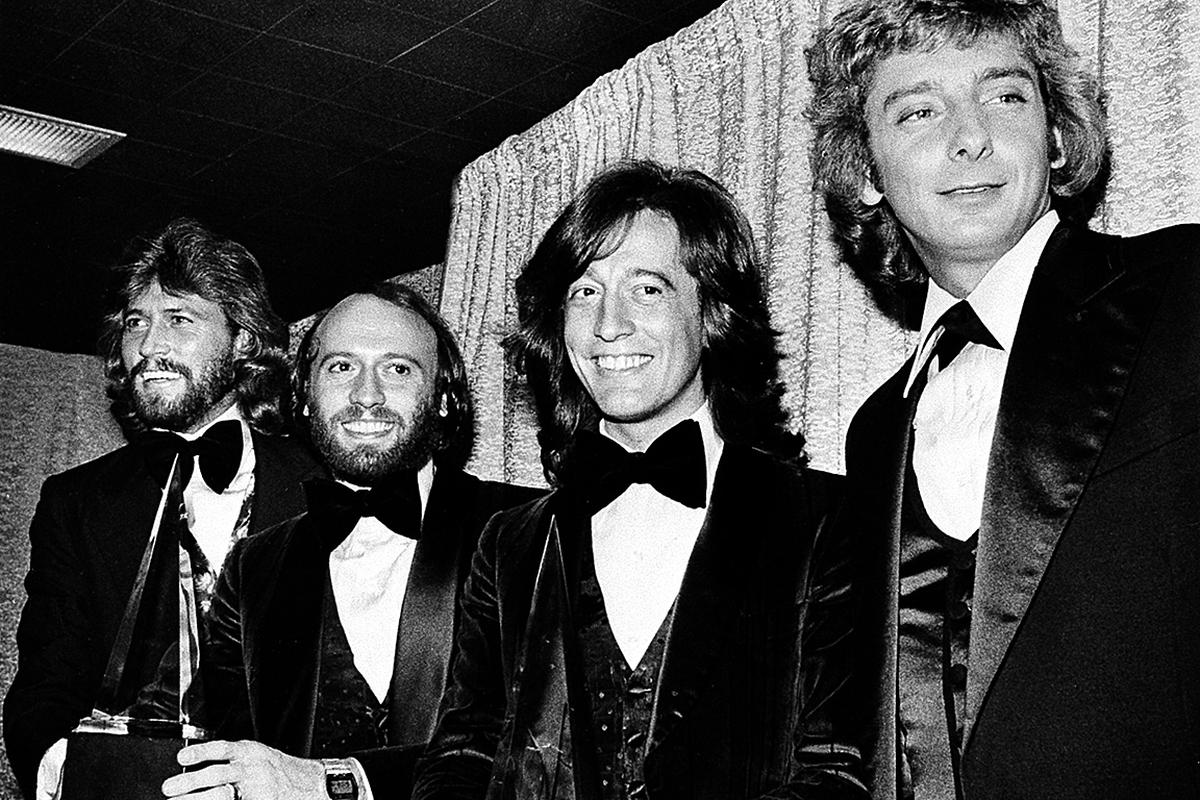
“If I Can’t Have You” is disco’s most elegant desperation—a glittering groove built to move the body, while the heart inside it quietly begs not to be left behind.
Some songs enter the world as performances. “If I Can’t Have You” entered as a decision—one of those behind-the-scenes choices that ends up shaping an era. Written in 1977 by the Bee Gees (Barry, Robin, and Maurice Gibb), it first reached the public through the unstoppable machine of Saturday Night Fever, but not in the brothers’ own voices. And that twist is part of its legend: the Bee Gees cut a “polished, dynamic” version, yet their manager/label boss Robert Stigwood felt the song would shine more brightly as a showcase for Yvonne Elliman—so her recording became the soundtrack’s single while the Bee Gees’ take was pushed to the flipside of their juggernaut “Stayin’ Alive.”
The chart story—so precise it feels like a set of dates you remember the way you remember old addresses—tells you just how completely the gamble paid off. Yvonne Elliman’s “If I Can’t Have You” debuted on the Billboard Hot 100 at No. 89 (debut chart date January 28, 1978) and climbed all the way to No. 1 (peak chart date May 13, 1978). In the UK, it peaked at No. 4 on the Official Singles Chart, staying 12 weeks on the chart. Those numbers matter—not as trophies, but as proof of how widely that ache in the chorus was understood, from bedrooms to dance floors.
And yet, for a song so associated with the neon of 1978, its origin is strangely intimate. The Saturday Night Fever songs were famously written “virtually in a single weekend” at Château d’Hérouville in France, and the first song the brothers recorded for the project was “If I Can’t Have You”—their version, notably, not the one used in the film. You can almost picture it: a creative fever dream in a countryside studio, the Gibbs chasing that new pulse that would soon reframe their entire public identity. The Bee Gees’ own recording—released as the B-side to “Stayin’ Alive” on December 13, 1977—still carries that sense of discovery, like a band realizing they’ve stepped onto a runway and the plane is already lifting.
What gives the song its lasting power is how it balances elegance and extremity. The lyric doesn’t posture; it confesses. The narrator isn’t merely sad—he’s unmoored, surviving days that feel pointless because the one person he wants is out of reach. That emotional absolutism is almost old-fashioned in its honesty: if love is real, it consumes the whole horizon. In a culture that often asks us to be reasonable about heartbreak, “If I Can’t Have You” insists—beautifully, dangerously—that reason is not the point. And disco, with its outward sparkle, becomes the perfect disguise for that private crisis. You can dance to it without explaining yourself. You can smile while the song tells the truth.
Critic Tom Breihan, writing about Elliman’s hit, calls out the track’s “monster of a hook” and the “roiling drama” that surrounds it—an apt description of how the arrangement keeps swirling, never quite letting the longing settle. That’s the craft of the Bee Gees at their imperial peak: they could build pop that felt architectural—each chord change a step, each vocal line another light switching on—yet still leave space for a human tremble inside the perfection.
And then there’s the afterlife, which belongs as much to the Bee Gees as to Elliman. Their own version—once tucked behind “Stayin’ Alive”—later re-emerged on major compilations, a reminder that sometimes the “other side” of a single is where the hidden treasures sleep. In hindsight, it’s almost poetic: a song about not being chosen was, for a moment, literally placed second—until time brought it forward again.
If you return to “If I Can’t Have You” now, what you hear isn’t just disco history or soundtrack nostalgia. You hear a very specific kind of adult recognition: that desire can be both glamorous and devastating, that the body can be moving while the mind is pleading, that the brightest rooms sometimes contain the loneliest thoughts. And somehow, the Bee Gees—masters of melody and mood—managed to put that contradiction on wax, so it could keep spinning long after the lights came up.